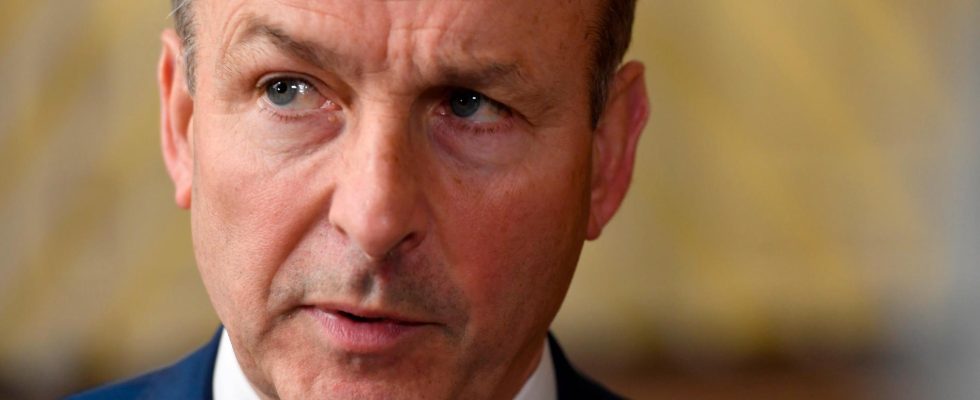Ireland is protesting a British law that has put an end to prosecutions linked to the bloody conflict in Northern Ireland.
The country is now taking the UK to the European Court of Human Rights to get a change in the law.
The amnesty law for both British security forces and paramilitary groups such as the IRA attracted criticism long before it was passed in September this year.
After debate and careful consideration, the Irish Government has now decided to act.
– We are really sorry to have to do this. But we promised survivors and the families of victims in Northern Ireland that we would stand by their side, says Irish Prime Minister Leo Varadkar, according to The Irish Times.
The law has never had support in Northern Ireland and was met with protests from human rights groups and relatives still awaiting justice after countless killings likely linked to the Northern Ireland conflict.
Only one left
Irish Foreign Minister Micheál Martin says the law is not compatible with the European Convention and that Britain introduced the law without consulting Ireland, where many are affected.
– They removed all political possibilities to move forward, the only thing left was the legal track, he says according to British media.
The law means, among other things, that those who cooperate with an independent commission for reconciliation cannot be prosecuted for any crimes during the decades of violence and unrest known as “the troubles”.
In addition, the law halts all future criminal and civil charges related to the conflict.
The then Prime Minister Boris Johnson, who was behind the bill, said that the law would help draw a line over “the troubles”.
Hard-to-digest criticism
The critics countered that the law draws a line over the murderers and that they escape punishment.
– The independent commission and its investigations are not sufficient alternatives to police investigations in which those most closely affected participate, says Martin.
– The amnesty given removes all paths towards truth and justice.
British Northern Ireland Minister Chris Heaton-Harris hits back and says the Irish criticism is difficult to digest.
– Not once since (the Good Friday Agreement) in 1998 has the Irish state made a concerted effort to prosecute crimes in the past, he says according to The Guardian.
FACT Background: The conflict in Northern Ireland
Northern Ireland was ruled until 1972 by a Protestant majority that discriminated against the Catholic population. When a peaceful civil rights movement in the late 1960s began demanding equal rights for Catholics, their demands were met with violence from Protestants who saw their position of power threatened.
It triggered a spiral of violence in which the Irish Republican Army (IRA), which fought for a united Ireland, and Protestant paramilitary groups, which wanted to maintain ties to Britain, committed bloody attacks. Around 3,700 people lost their lives in the more than 30-year-long violent period, which is usually referred to as “the troubles”.
A peace agreement – the Good Friday Agreement – was concluded in 1998 and step by step life in Northern Ireland has returned to normal, although the violence has not completely disappeared. Not all problems could be solved and the peace process has been marred by crises.
Source: Landguiden
Read more
